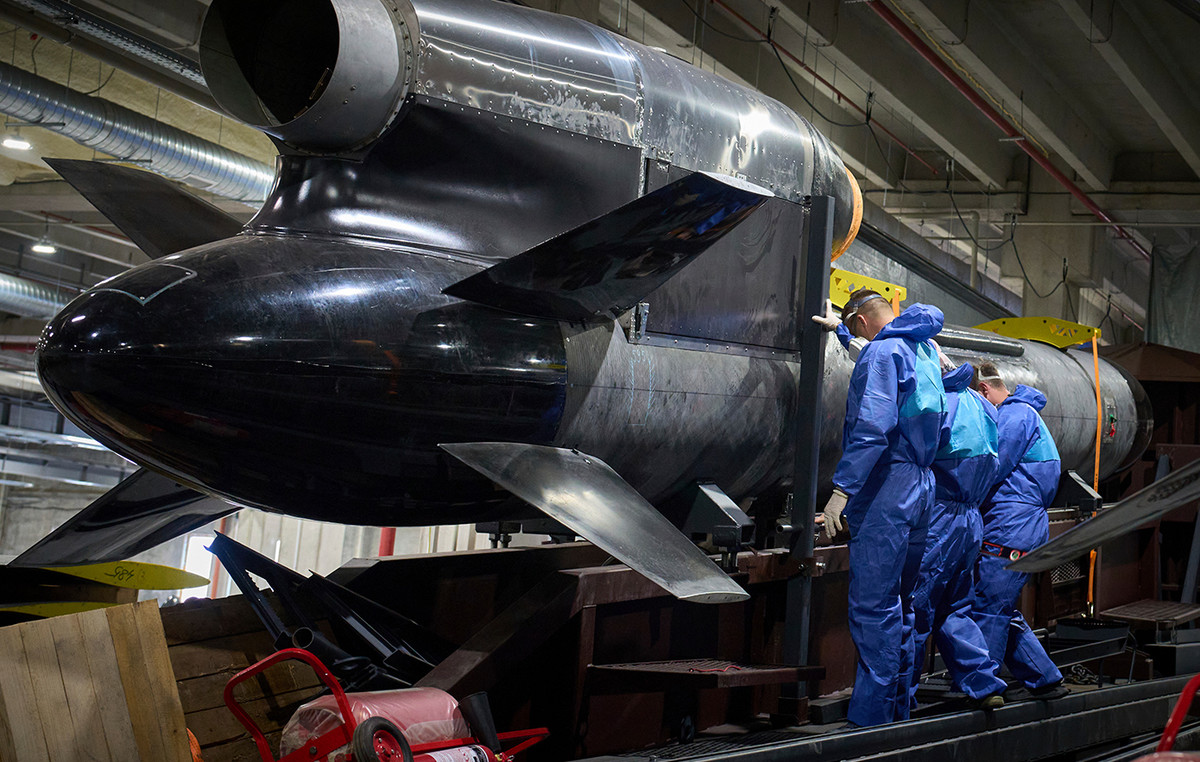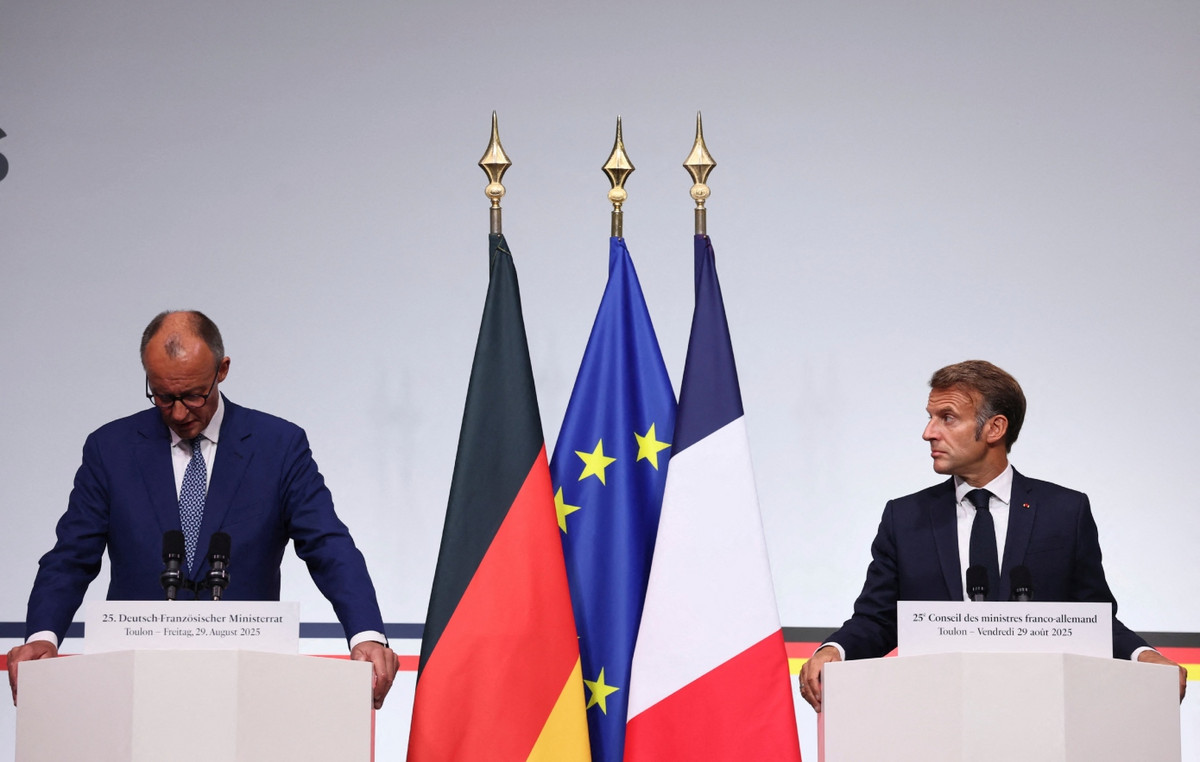Russia is illegally consolidating its control over occupied Ukrainian territory by creating a “climate of fear” with practices such as arbitrary detention, killings and torture, the head of a UN mission in Ukraine told Reuters.
Speaking ahead of the release of a comprehensive report by the UN Human Rights Monitoring Mission in Ukraine (HRMMU) on the territories Russia has occupied in its large-scale invasion since 2022, mission chief Danielle Bell said violations of Russian rights were used to terrorize local residents into cooperating.
“These combined actions of censorship, surveillance, political oppression, repression of freedom of expression, restrictions on movement (…) have created a climate of fear in which the Russian Federation could systematically dismantle Ukrainian systems of government and administration,” she said in a interview.
In Moscow, Russian officials did not immediately respond to a Reuters request for comment on the main points of the UN report.
Moscow has repeatedly denied accusations that its forces committed atrocities or deliberately attacked civilians during the invasion, which it says was a “special military operation.”
Russia occupied the Crimean peninsula in 2014 and separatist groups occupied two regional capitals in eastern Ukraine the same year. The 2022 invasion saw Moscow capture other swaths of land in eastern and southern Ukraine.
Currently, the country controls more than 17% of Ukrainian territory, where several million people remain.
UN monitors did not have access to occupied territory, but based their conclusions on more than 2,300 interviews with people who lived in occupied territories, had left occupied territory, or lived in liberated areas.
Bell said there was an initial phase of rights violations, including killings, torture and arbitrary detention of people considered linked to Ukrainian security forces or believed to be supporting Ukraine.
This was followed by campaigns against freedoms of movement, assembly and expression, she said. And then by an effort to transform all major state institutions into Russian institutions, something that, according to Bell, violates international humanitarian law.
This effort resulted in schools being forced to switch to the Russian language and curriculum, and the justice system imprisoning people in Russian prisons. Civil servants were forced to comply with these new systems, she said.
Bell gave the example of the Zaporizhzhia nuclear power plant, where, she said, workers were forced to continue working even if they didn't want to.
“When they resisted, they faced threats, intimidation, harassment, threats against their families and some even arbitrary arrest, detention, torture and in some cases… death.”
Source: CNN Brasil
Bruce Belcher is a seasoned author with over 5 years of experience in world news. He writes for online news websites and provides in-depth analysis on the world stock market. Bruce is known for his insightful perspectives and commitment to keeping the public informed.







